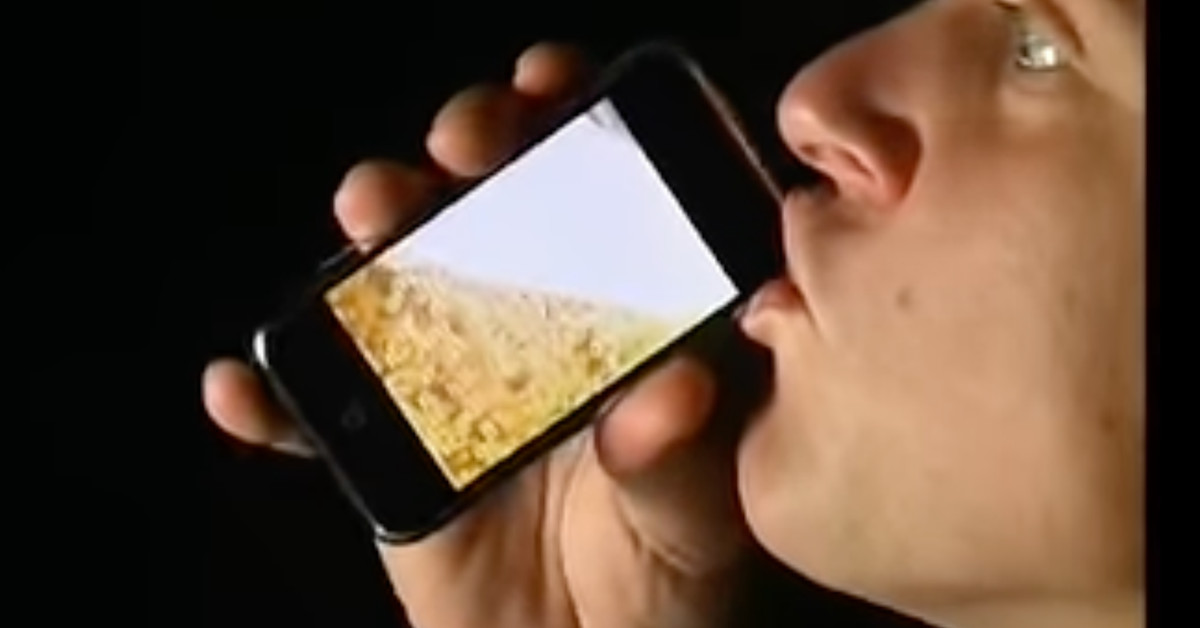How Tumblr turned social media polls into a game design challenge
Tumblr’s poll game phenomenon often shares a likeness with the infinite monkeys on a typewriter theorem. | Image: im-a-freaking-joy / TumblrOn February 3rd, Tumblr user Relientk used the site’s then-recently released poll feature to list several common baking ingredients....
/cdn.vox-cdn.com/uploads/chorus_asset/file/24515943/Tumblr_Poll_Games_Stairs.jpg)
On February 3rd, Tumblr user Relientk used the site’s then-recently released poll feature to list several common baking ingredients. “Okay let’s bake a cake,” the poll urged. There were no further instructions, no rules. Users’ votes just implicitly set the percentage of things like butter, flour, sugar... and vanilla extract.
If you’re already a Tumblr user, you know how this went. The resulting cake recipe was 44 percent vanilla — briefly turning the phrase “vanilla extract” into a sitewide meme. While the gag was short-lived and the cake (based on one real-life baking test) far from delicious, it’s become part of a much larger trend on Tumblr: turning the site’s polls into sometimes surprisingly complex — and often very funny — games.
Image: Relientk / Tumblr
Support for Tumblr polls rolled out in January of this year, many years after Twitter, Facebook, and Instagram had implemented (and in some cases, discontinued) their own polling features. And much of the Tumblr user base has employed them in the ways you might expect. Artists and creatives ask their followers to vote on their next project or select features to collaboratively design a character. Students and researchers are gathering general user data, be it for academic purposes or to sate their own curiosity. And inevitably, horny fandoms have readily adopted the feature to crown the hottest characters of any given franchise or their favorite Tumblr Sexymen.
Tumblr isn’t held back by the rigid simplicity of polls, having conceived numerous innovative ways to gamify the feature
But Tumblr has also turned the poll system into a simple game design tool — setting challenges for readers at varying levels of difficulty and surrealism. Some poll games require achieving a final vote breakdown that’s perfectly balanced to defeat an evil robot sorcerer. Others need you to ensure the votes match specific percentages to successfully assassinate Julius Caesar. Others ask you to “build” a particular visual outcome using the poll’s bar graph, doing things like leading an elephant up some stairs to reach a peanut.
Some of these games are basically popularity contests — like figuring out which emoji animal wins a race. But many of them rely on the information gap created by the poll system. As with other platforms like Twitter, an active poll will display a question (or in some cases, a scenario in which the game takes place) with a list of different options for a user to select from. The number of votes for each option is concealed until the user has made their own selection or until the poll deadline is met, after which the resulting breakdown is displayed as a horizontal bar chart.
Image: Jasontoddsguns / Tumblr
This means many games follow some variation of the “prisoner’s dilemma” format — a situation where individuals are unable to directly see how other people are performing a task but must either choose to act in their own self-interest or figure out how to cooperate to achieve a common goal or reward.
Unlike the classic prisoner’s dilemma, Tumblr users have several ways to inform each other of the game’s current status. They can leave comments directly on the poll, something anyone looking at the post can see. Or they can reblog the poll and add notes to its tags, creating a message that’s only seen by people looking at the reblog. While some poll games ask people to vote without checking tags and comments, this typically isn’t seen as cheating. If anything, it’s practically mandatory for “winning” these games that require very specific vote breakdowns.
While participants do appear invested in winning poll games, people seem largely unbothered by sabotage
The very nature of these games also leaves them vulnerable to sabotage. There’s no firm requirement to play fairly, and if you’ve spent any time online, then you’re already aware that some people take great pleasure in being a nuisance. Thankfully, nobody really seems to care about losing. Tumblr’s legacy is built upon years of chaotic creativity, fueled by niche in-jokes and rapidly evolving memes. The real prize is the discord you help sow along the way.
There are other variants of Tumblr poll games that are hard to vandalize, too. The feature can be used for makeshift roleplay, listing different actions that users can take to navigate through a crowdsourced “choose your own adventure” scenario. There’s no personal autonomy, of course — the action with the most votes is ultimately how the story will proceed. But the fun here is in the journey rather than the destination.
It’s a stark contrast with how polls have played out on some other platforms. Look, for example, at chief twit Elon Musk’s haphazard use of informal Twitter polls as a makeshift tool for democratizing the platform — allowing everyday users to vote on unbanning Donald Trump’s account, offhandedly reversing account suspensions en mass, and even demanding that Musk step down from his position as Twitter CEO. Despite displaying at least some awareness that he’s essentially become King Troll of Twitter’s 4chan-lite era, Musk appears to view polls as some infallible representation of the “voice of the people.”
Image: purely-here-to-create-polls / Tumblr
Tumblr, however, is painfully aware that its platform is mostly populated by weird feral internet gremlins and seemingly acknowledges that such a group is unlikely to take polls seriously. This is a community that collaboratively managed to conceive the greatest mafia movie never made; of course people will be trying to manipulate polls for the sheer fun of it. The poll games that emerged from this mayhem are low effort, low stakes, and serve Tumblr’s whimsical — if slightly unhinged — sense of community spirit. Teamwork may not make the dream work, but you can all at least have fun stabbing Caesar or baking a really crappy cake.
The desire to create games can be sated with a host of amateur design tools online. Roblox’s popularity among children is largely fueled by its user base building social games on the platform. Titles like Dreams and Minecraft are meta-games that support building interactive experiences. Meta hopes to take over the metaverse by getting people to make mini-games (among other experiences) for its Horizon Worlds platform.
And earlier this year, TikTok experienced a similar phenomenon with “DabloonTok” in which users created a randomized roleplay environment around the platform’s algorithm. What initially started as a meme depicting a cat holding up an outstretched paw rapidly evolved into a semi-functional digital economy dependent on what scenario would play out in videos that appear on a user’s feed.
Like many TikTok trends, DabloonTok was short-lived. And Tumblr’s own interest in poll games similarly appears to be waning somewhat already. But regardless of the platform, it’s highly likely that another seemingly menial feature will soon be repurposed for play and entertainment. If the “Twitch Plays Pokémon” social experiment has taught us anything, it’s that people are collectively willing to find new ways to enjoy things, even if it means spending a great deal of time using them “incorrectly.”

 FrankLin
FrankLin 































